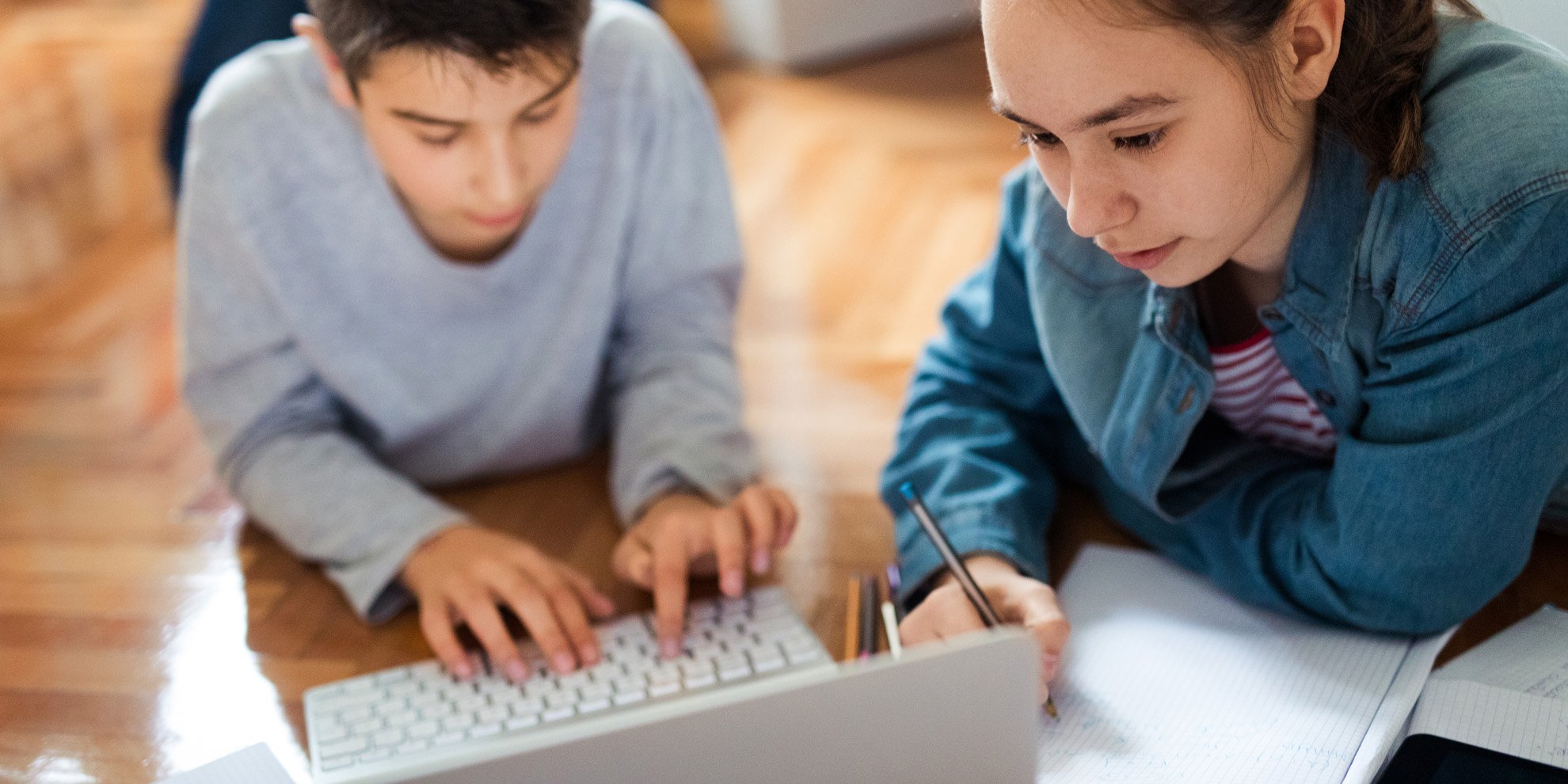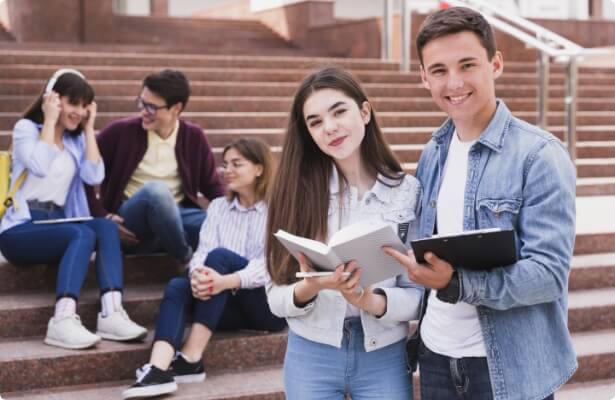
How Covid-19 is going to change Education forever
Post covid-19, the world will be seen in a different phase. There will be a lot of visible changes across a large range of things, from shopping and eating out to travel. In addition to everything else, the impact of the pandemic has already been felt on the education sector. It is reasonable to assume that this impact is going to stay there for a fairly long time. This global pandemic is surely a sign of the changing times and also the change in the human behavior. In addition to all this, there is also seen to be a push in the digitalization of businesses, especially in the education sector.
“We have to prepare ourselves to bring the best of online education into the classrooms – a blended learning approach – and in the process, offer the students a powerful learning experience, who lacked good education or quality resource access.”
Read below some of the important ways in which you will be able to see a drastic change in education in the post Covid-19 time:
- Blended learning will become a reality
The classroom will be supplemented by online coursework. This way, students may be required to physically attend classes on fewer days and will be free to study at their own pace from home. This will also give them sufficient time to assimilate information.
- Training of teachers will be qualitatively different
All the teachers will have to be trained for online teaching as well along with classroom teaching. This will go a long way to ensure that they are comfortable with technology and will be able to effortlessly switch between online and offline modes of teaching the curriculum. And above all, teachers will feel empowered to deliver a more impactful lecture than before.
- Role of teachers needs to be redefined
With information readily available just a click away, the role of a teacher from that of a ‘knowledge-giver’ will gradually move to one of a facilitator.
Technology will be used effectively to reduce the time spent by teachers on tasks such as paper-setting, evaluating and grading
This will help the teachers focus more effectively on teaching and course improvement.
Interactivity and engagement in a physical classroom will have to be built into the online learning programs to keep students engaged
Physical classrooms offer a high degree of interactivity with the teacher and also among students. Educators will have to bring in a lot of innovations to bring in the element of interactivity and collaboration in their e-learning modules.
- Use of Artificial Intelligence (AI) will help personalize the learning experience for every child
Soon, educators will have to discard the ‘one-size-fits-all’ approach that is mostly followed in traditional classrooms and use technology to offer a learning experience that is uniquely suited to a child’s learning needs. The blended approach to learning, in turn, will help all types of students, since they will have the opportunity to engage with different types of content such as video, audio, presentations, thereby increasing the ability to personalize learning.
- Social Distancing needs to be followed
As and when schools, coaching centers, and other educational institutions open up after Covid-19, the new social distancing rules will necessarily change the existing ways of imparting education. Schools might consider working in shifts, classrooms will follow strict sanitization processes and social distancing will become a norm for all activities.
- Conclusion
On a concluding note it must be noted that amidst social distancing, self-isolation and online studies in the current quarantine times, it is quite natural that children are facing unprecedented levels of anxiety. Unable to hang out with their friends and not able to spend their energy on sports, must not be easy on them. It is important that as educators, we take the responsibility to equip them with suitable coping mechanisms and help them to build and strengthen their connections with supportive adults, including their teachers.
